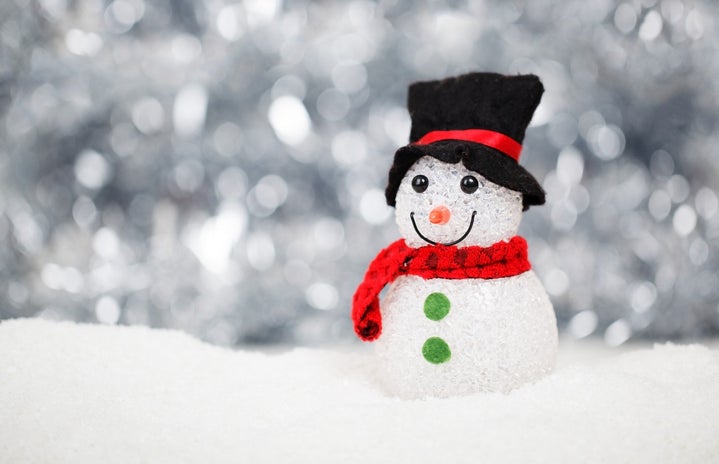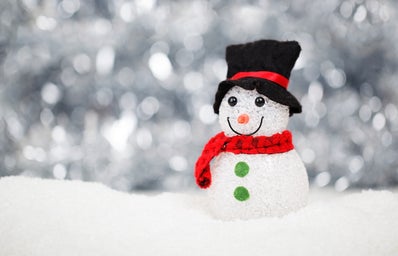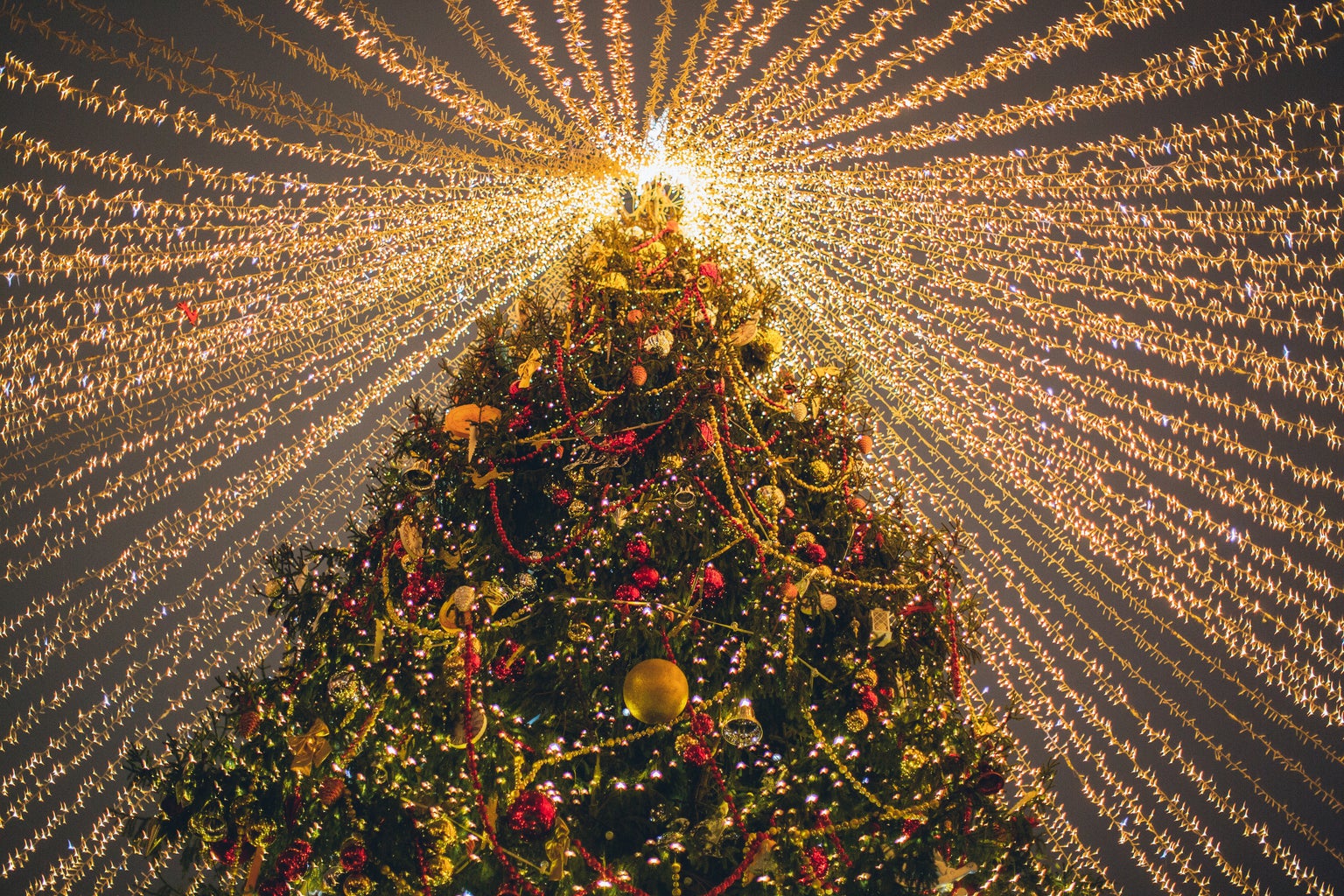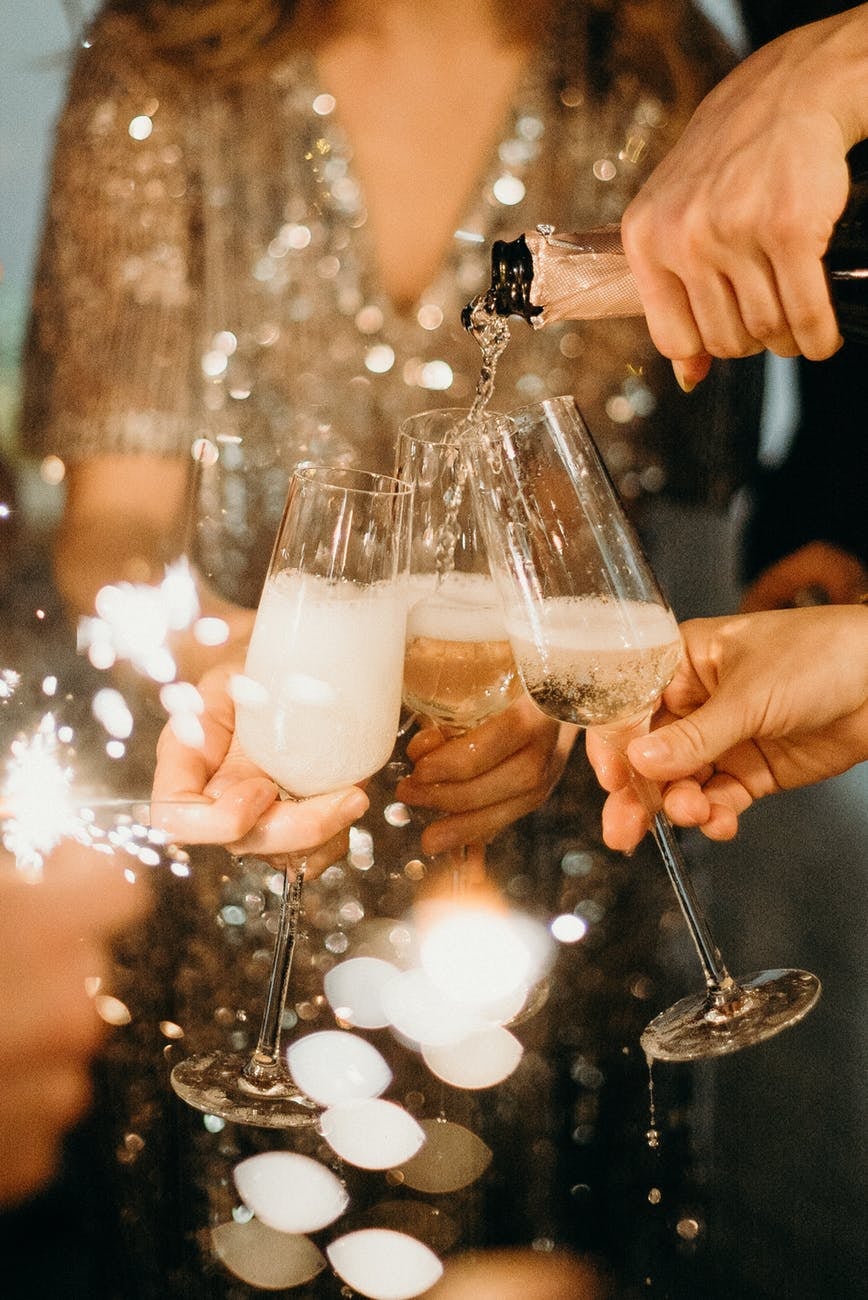As the holiday season approaches, it is important to acknowledge all holidays that the season includes, even if you may not celebrate them. The holiday season encompasses Hanukkah, Kwanzaa, Christmas and New Year’s.
Many people may find themselves wishing others a “Merry Christmas.” But before you do, maybe you should take a second to think about wishing them “Happy Holidays” instead. Winter has so many festive occasions throughout it, and not everyone celebrates the holiday that you may celebrate.
Not only that, but it is more inclusive to people of other religions and cultures or people that may not be religious at all. Even if they do celebrate Christmas, the phrase “Happy Holidays” includes New Year’s, so you will also be wishing people a “Happy New Year” as well.
Some people feel as if you are excluding them because you aren’t wishing them a “Merry Christmas,” however it is quite the opposite. You are being more inclusive and not assuming which holidays someone may or may not celebrate.
Christmas is the Christian holiday celebrating the birth of Jesus Christ. The traditions of this holiday have changed since it was first celebrated, and it has picked up aspects of the Roman celebration of Juvenalia — a feast honoring the children of Rome — and the celebration on Dec. 25 for the birthday of Mithra, the god of the unconquerable sun. Additionally, according to History.com, it also incorporates traditions from the Norse celebration of the winter solstice.
According to Chabad.org, Hanukkah, also known as Chanukah, is an eight-day Jewish holiday in the wintertime. The Festival of Lights is celebrated with a nightly menorah lighting, special prayers and foods. It celebrates the rededication of the Holy Temple in Jerusalem after Judah the Maccabee led a small group of faithful and poorly armed people to defeat and drive the Greeks from the land.
According to the National Museum of African American History and Culture, Kwanzaa is an African American and Pan-African holiday that celebrates history, values, family, community and culture. It is a nonreligious holiday that focuses on celebrating the past and African American culture. The concepts of Kwanzaa are expressed in Swahili, as it is one of the most widely spoken languages in Africa. Each of the seven days of Kwanzaa correlates with one of the core values the holiday was drawn from. The principles are: Umoja (Unity), Kujichagulia (Self-Determination), Ujima (Collective Work and Responsibility), Ujamaa (Cooperative Economics), Nia (Purpose), Kuumba (Creativity), and Imani (Faith).
New Year’s is a celebration of the first day of the year on the modern Gregorian calendar, as well as the Julian calendar. People typically begin their celebrations on Dec. 31 and once the clock hits midnight, will typically set off large displays of fireworks. Many people use New Year’s to reflect on the past year and resolve to do better at certain things in the coming year. According to the New World Encyclopedia, many customs involve bringing prosperity and good fortune to others, such as “first-footing” and the eating of “good-luck” foods.
2022 Holiday Dates
Hanukkah: Sunday, December 18 – Monday, December 26
Kwanzaa: Monday, December 26 – Sunday, January 1
Christmas: Saturday, December 24 – Sunday, December 25
New Year’s: Saturday, December 31 – Sunday, January 1





